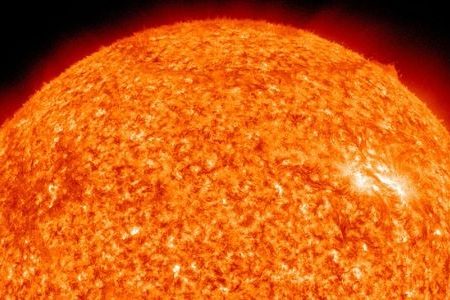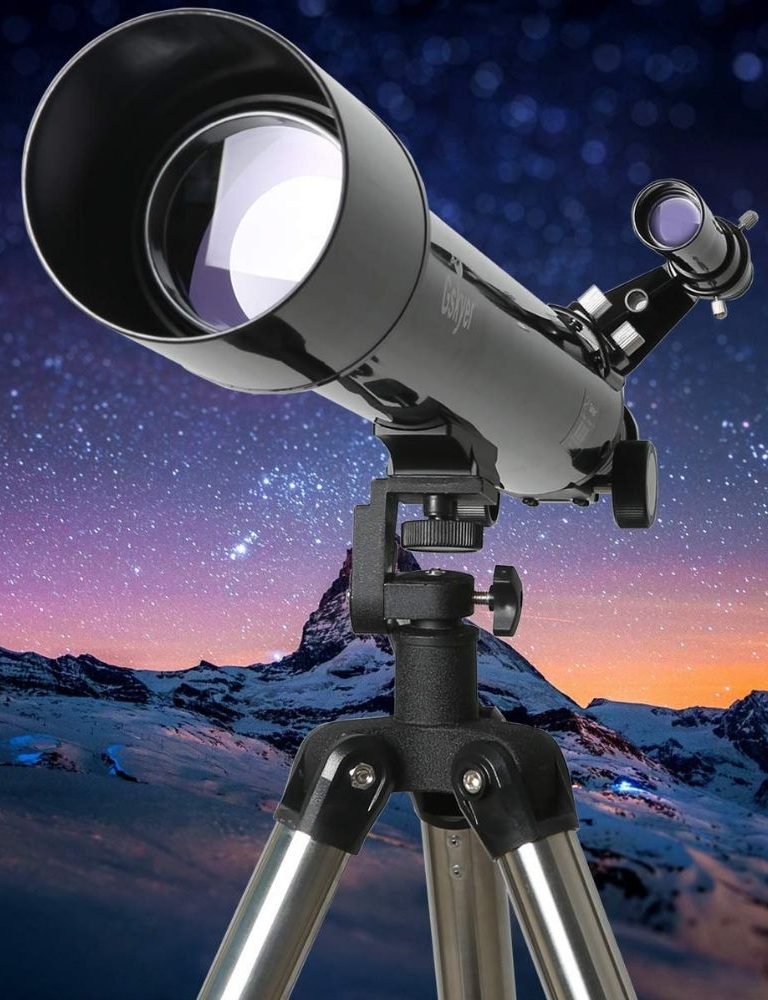PART 1
First Steps In Astronomy
Introduction to Astronomy
Understand the Celestial Sphere
How to measure distances in the sky
Naked eye astronomy
Basic equipment
PART 2
Get ready For Stargazing
How to choose a telescope
– Refractors
– Reflectors
– Dobson
– Schmidt-Cassegrain
How to choose and set up your telescope mount
– Dobsonian mount
– Equatorial mount
Focus on telescope eyepieces
How to choose binoculars for astronomy
How to choose a spotting scope for astronomy
PART 3
The Essentials Of Astronomy
Learn how to use a Star Map
Celestial coordinates (right ascension, declination)
Measure and use magnitudes
Your first night of stargazing
– How to observe the Moon
– How to observe the Milky Way
– How to observe galaxies
How to deal with light pollution
Daylight astronomy
How to observe the Sun
PART 4
Star Maps Of The Year
12 star maps with illustrated highlights of the month!
PART 5
Start A Space Safari!
How to see planets
– Mercury
– Venus
– Mars
– Jupiter
– Saturn
– Uranus
– Neptune
How to observe stars
– Double stars
– Variable stars
How to observe the galilean moons
How to observe meteor showers (shooting stars)
How to find constellations
How to use the Big Dipper in Astronomy
How to see a supernova
PART 6
Want More Astronomy?
Join a citizen science project
Control a remote telescope
How to begin in astrophotography
Join an astronomy club
Keep an astronomy log book
Amateur astronomy
Best astronomy apps

PART 7
Resources
Astronomy FAQ / Q&A
Astronomy terms explained
Directory of astronomy clubs in the U.S.A.
Join Astro Masters Now
$40
A Question About Astro Masters?
Feel free to contact us, we will be happy to answer your message within 72 hours.
Images credits : NASA/ESO/Vadim Sadovski

